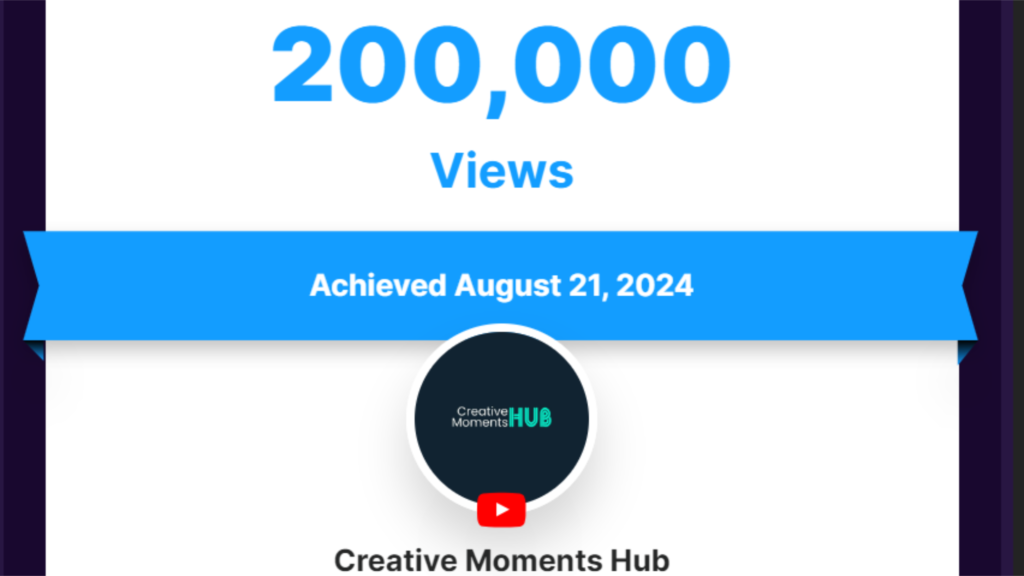Jack Dorsey’s Bluesky, a social media app strikingly similar to Twitter in its interface, offers a starkly different underlying structure: a decentralized network. This innovation promises users more control over data, moderation, and the platform’s operation itself.
Launched initially on iOS in February and recently on Android, Bluesky has attracted journalists, politicians, and celebrities, including Alexandria Ocasio-Cortez, Chrissy Teigen, and Eve 6. Its appeal stems from growing user dissatisfaction with Twitter’s direction under Elon Musk.
Bluesky: A Decentralized Microblogging Platform
Bluesky positions itself as “a new social network for microblogging.” Users can post and follow short updates, similar to Twitter. However, key differences exist – currently, there are no hashtags or direct messaging features.
Developed independently by Dorsey while still at Twitter, Bluesky received funding from the company until February 2022, when it became independent. Dorsey envisions an “open community” encompassing various stakeholders to co-create and evolve the platform.
This focus on decentralization echoes Mastodon, another Twitter alternative that gained popularity last year.
Fueling the Exodus from Twitter
Bluesky’s rise reflects user frustration with Twitter’s recent changes under Musk’s leadership. These include policy and feature modifications, such as the removal of blue check marks for verified users. Several prominent figures now testing Bluesky have openly criticized Musk’s decisions.
Data suggests significant interest – Bluesky has surpassed 375,000 downloads on the App Store, with a waitlist continuing to grow. The Google Play Store indicates over 100,000 downloads. While these numbers are dwarfed by Twitter’s 200 million daily active users, they demonstrate a growing trend.
A Positive Step for User Choice
Mark Bartholomew, a law professor specializing in online privacy, sees Bluesky’s emergence as a positive development. It empowers users by offering more choice in where they engage online. He argues that competition fosters innovation and can lead to features users desire, like stronger privacy protection and greater control over content moderation.
According to Bartholomew, Musk’s actions inadvertently fueled the shift towards Bluesky by “sabotaging his own platform.”
Limited Access for Now
Currently, Bluesky operates with an invite-only system to manage network implementation. Existing users receive one invite code every two weeks for sharing. This exclusivity adds to the app’s allure, as Eve 6 humorously noted on Twitter, likening Bluesky invites to the coveted blue checkmark on the other platform.
Bluesky’s future trajectory remains uncertain. However, its early traction underscores a growing desire for user empowerment within the social media landscape.








